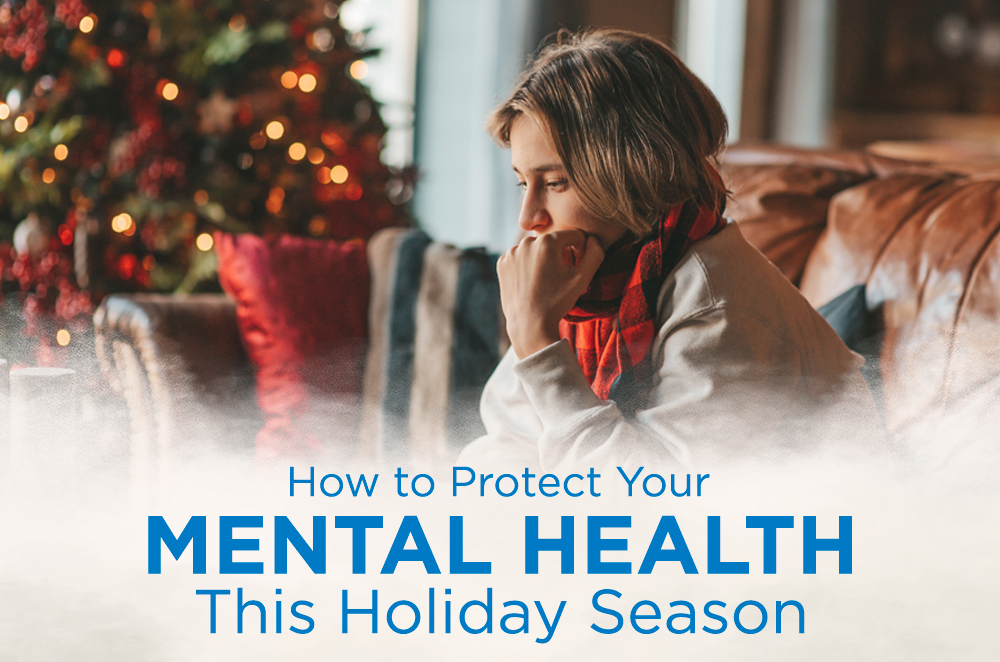The holiday season is often painted as a time of perfect joy, family gatherings, and endless cheer. But let’s be honest, for many of us, it can also bring a mix of stress, grief, anxiety, and even loneliness. We want to open an honest discussion about the reality of mental health and the holidays. If this time of year feels tough, please know you are not alone, and it’s okay to seek support.
Understanding the Holiday Stressors
To start, let’s understand why the holidays often trigger elevated stress and difficult emotions. You might experience a whirlwind of feelings that simply don’t match the cheerful music playing in the stores. Specifically, several common factors make this season uniquely challenging:
The Pressure to Be “Perfect”: The expectation of the “perfect holiday”—the beautifully decorated home, the flawless family dinner, the expensive gifts—is a myth. Trying to achieve it can be exhausting and stressful.
Grief and Loss: The holidays act as a painful reminder of loved ones we have lost. Therefore, the absence of a familiar face at a traditional gathering can sometimes intensify your grief.
Financial Strain: Gift-giving and travel can create a significant strain on your wallet, leading to worry and anxiety about debt.
Family Dynamics: Furthermore, spending extended time with family, especially those with whom you have complex or strained relationships, causes emotional exhaustion.
Loneliness and Isolation: For those who live alone or have limited social circles, the emphasis on togetherness often highlights feelings of isolation.
Your Toolkit for a Mentally Healthy Holiday
Now that we’ve identified the stressors, let’s talk about some simple, practical strategies—what we call proactive self-care. These steps will help you navigate the next few weeks with greater ease and resilience.
Set Compassionate Boundaries
Consider this the most critical tip. Picture your energy as a battery; you must decide where to plug it in.
Prioritize Ruthlessly: You don’t need to go to every party or volunteer for every task. Instead, choose the events that genuinely bring you joy, and politely decline the rest. A simple, “Thank you so much for the invitation, but I won’t be able to make it this year” works just fine.
Schedule a “Time Out”: Furthermore, if you find yourself at a large gathering, it’s totally acceptable to step away for 10-15 minutes. Simply take a short walk, read a book in a quiet room, or practice some deep breathing exercises. This is a great mental reset.
Manage Expectations
Let go of the need for perfection. Understand that the goal is connection, not flawless execution.
Simplify Traditions: If cooking a huge meal proves too much, order a catered dish or make it a potluck. If decorating feels overwhelming, select one room or one small ritual to focus on.
Focus on the Present: If you catch yourself comparing your reality to the highlight reels you see on social media, put the phone down. Shift your attention to the real, imperfect moments happening right in front of you.
Honor Your Feelings, Especially Grief
If you deal with loss this year, give yourself permission to feel it without guilt.
Acknowledge the Absence: Talk about your loved one if you want to. Share a favorite memory, light a candle in their honor, or make a charitable donation in their name. These acts of remembrance offer incredible healing.
Allow for a Range of Emotions: It’s entirely possible to feel sadness and joy at the same time. Don’t feel guilty if you have moments of happiness—that’s a sign of your enduring strength.
Stick to Your Healthy Habits
In the rush of the season, many people abandon their routine. Try to hold onto the basics that keep your mind and body balanced.
Sleep is Critical: Aim for 7-9 hours of consistent sleep. A tired brain invites stress.
Move Your Body: Even a 20-minute walk outside delivers a powerful mood boost. Fresh air and a little sunlight go a long way.
Mindful Eating and Drinking: It’s fine to indulge, but notice if you’re using food or alcohol to cope with stress. Stay hydrated, and maintain consistent meal times.
We Are Here For You
We recognize that sometimes, stress and sadness overwhelm what you can manage alone. If you experience persistent feelings of sadness, anxiety, hopelessness, or difficulty managing daily tasks, know that reaching out shows incredible strength, not weakness.
Our Behavioral Health Services offer compassionate, professional care for adults experiencing a mental health crisis, including services for anxiety, depression, grief, and PTSD. We provide both inpatient and outpatient support to help you build the coping skills you need. Call us today at 580.250.6650 for a confidential assessment.
You deserve peace and well-being this holiday season. Be gentle with yourself. Take one day at a time, and remember we are here to support your mental health journey.
Resources:
https://deconstructingstigma.org/guides/holidays
https://www.ncoa.org/article/mental-health-and-the-holidays-9-tips-for-self-care/
Disclaimer:
The Comanche County Memorial Hospital website does not provide specific medical advice for individual cases. Comanche County Memorial Hospital does not endorse any medical or professional services obtained through information provided on this site, articles on the site or any links on this site.
Use of the information obtained by the Comanche County Memorial Hospital website does not replace medical advice given by a qualified medical provider to meet the medical needs of our readers or others.
While content is frequently updated, medical information changes quickly. Information may be out of date, and/or contain inaccuracies or typographical errors. For questions or concerns, please contact us at contact@ccmhhealth.com.

